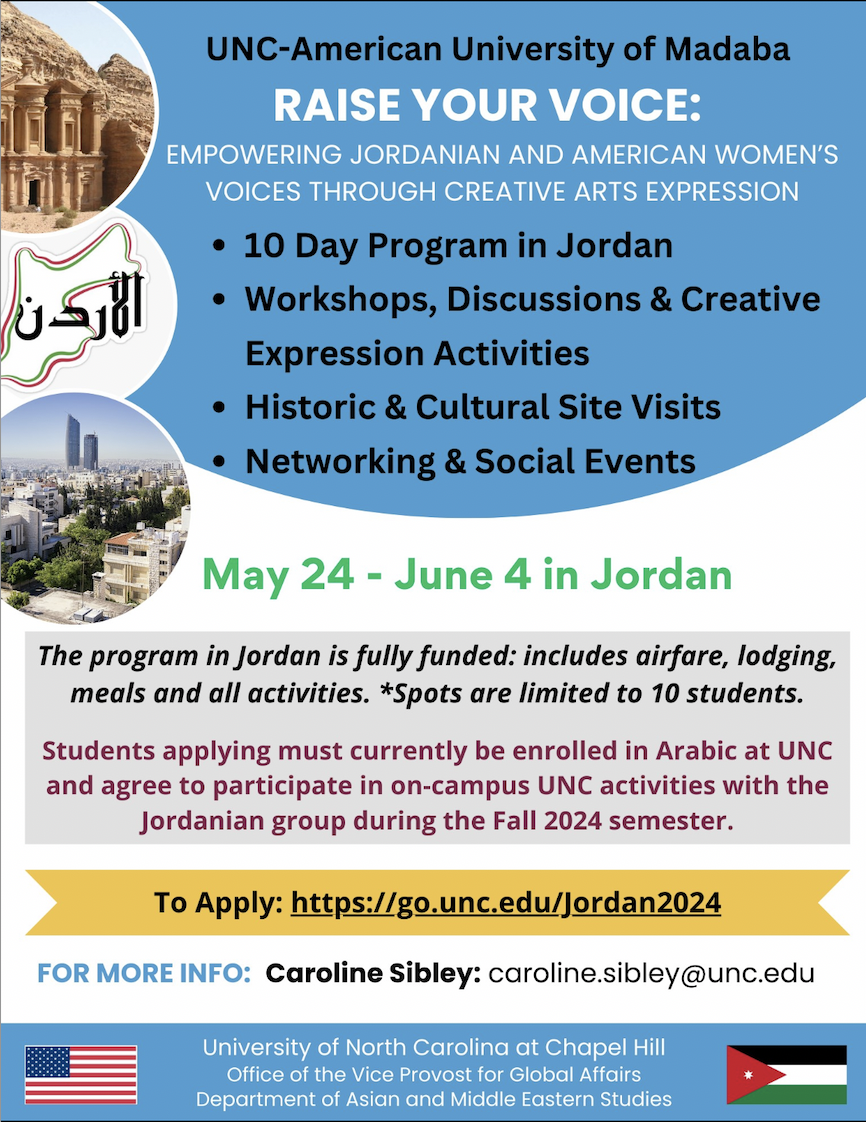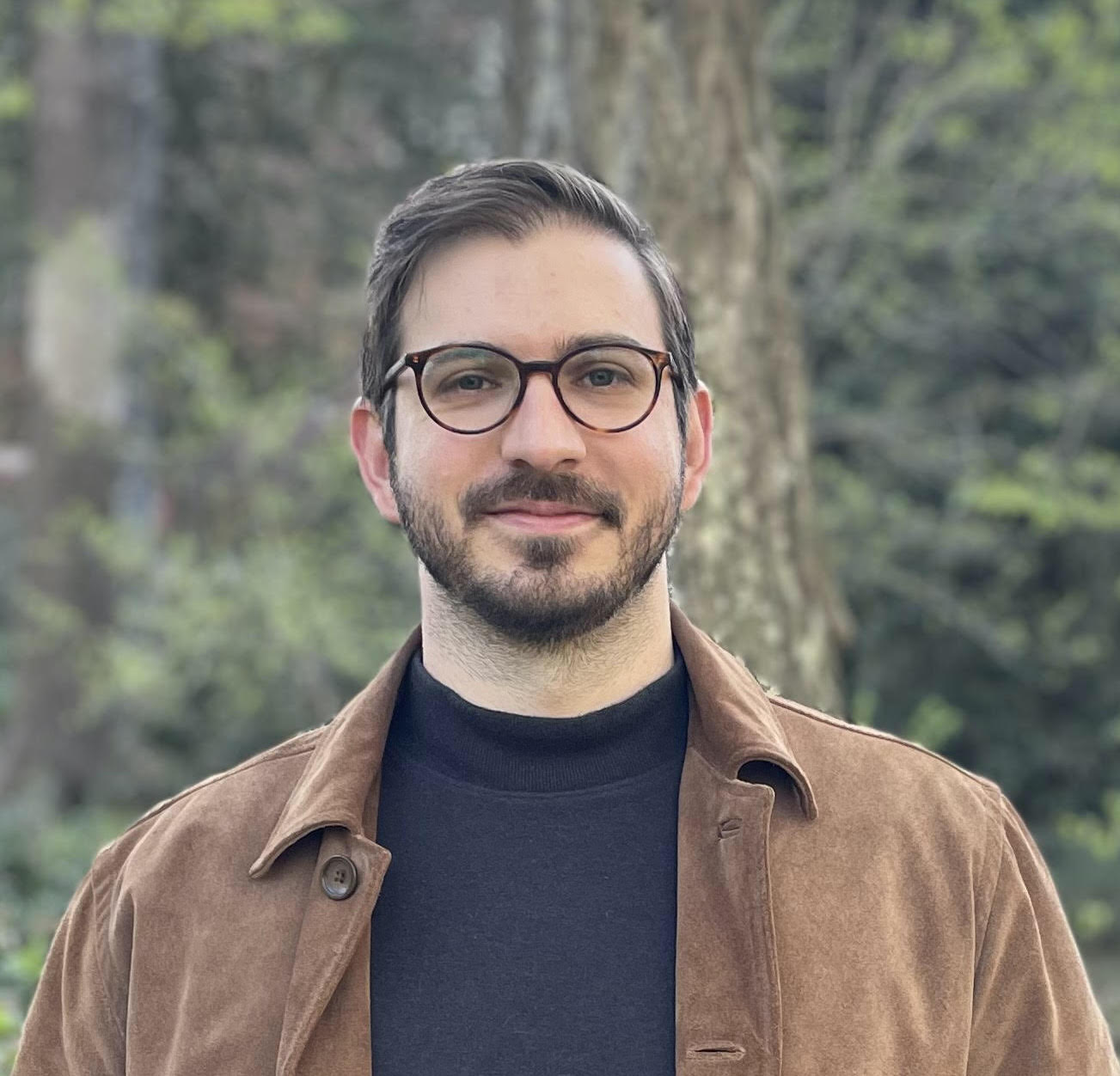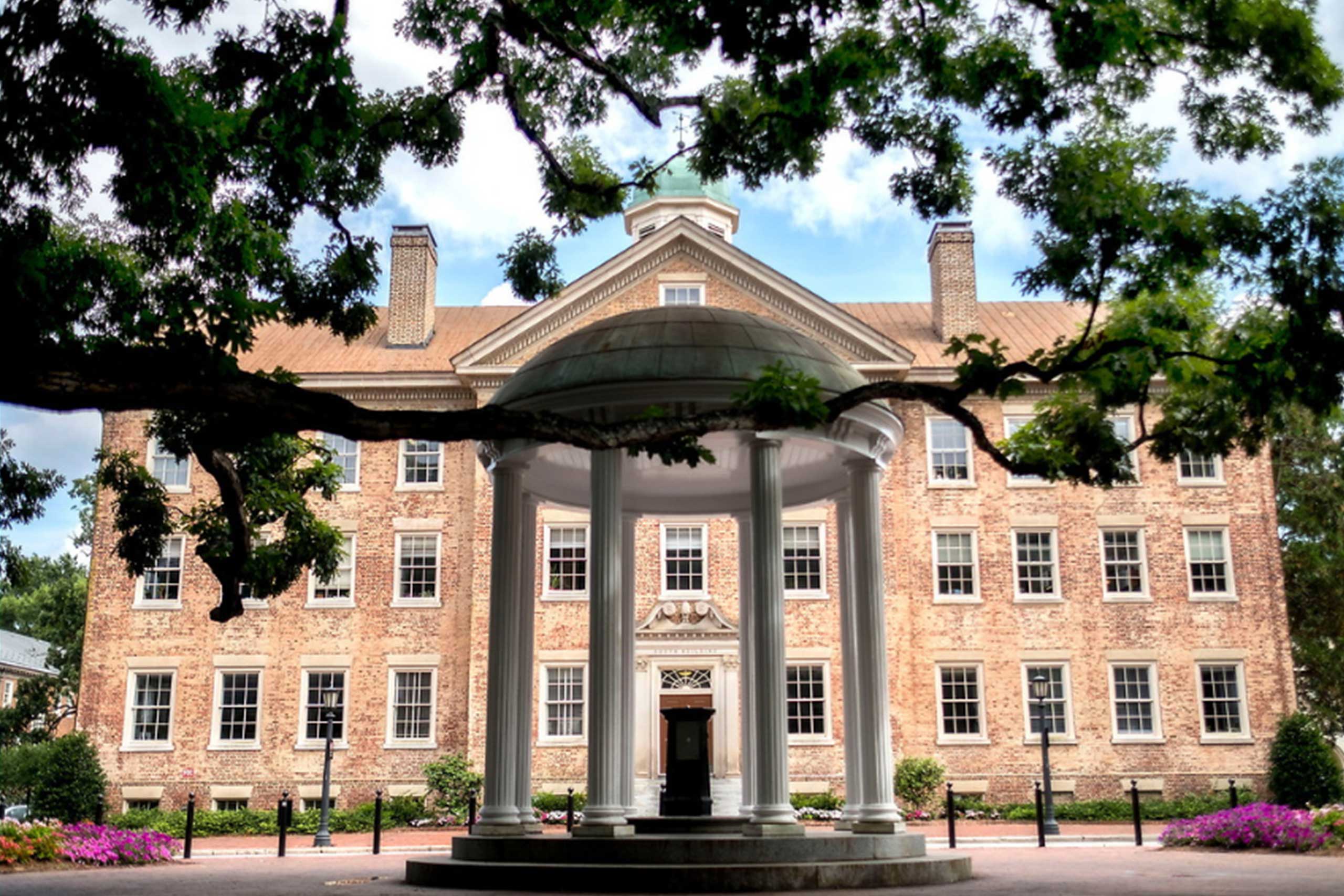 By Sumayya Ahmed
By Sumayya Ahmed
Islam is a Black American. How would this understanding complicate the discussion about Islam in America right now? How would it complicate our understanding of the Black Lives Matter movement?
I am a Black American and I am a Muslim. Neither of those “identities” is for me a coincidence or weakens the solidity of the other. Often, whether in my native Chicago or in North Carolina where I currently live, I am asked where I am from. The assumption, because I am a visibly Muslim woman wearing a headscarf is that I am an immigrant or the child of one. By now, I have mastered this question. My answer is almost always, “I am from Chicago, but my grandparents migrated from Alabama and Mississippi in the 1930s.” This answer locates me for the other person as “really Black” and “really American.” What could be more Black American than being from the American South – the land of the toil of our ancestors that my family left as soon as they could.
But I have not mastered the question as well when it is asked outside of America. Years ago when I was trying to get a residency permit to study in Morocco, I was asked to report to the police station in Fez because they couldn’t verify my nationality. I was perplexed because in general an American passport and supporting documents are sufficient verification. What I was having in Morocco was a race-problem. Through years of exported television shows, America has sold itself to the world as a mostly white country and while people abroad may know Michael Jordan or Michael Jackson, they do not understand America to have a large population of everyday Black folk. Since the election of Barack Obama I have been able to tell people that I grew up not too far from Michelle Obama’s neighborhood. But it only complicates the situation more that I have learned to speak Arabic with enough fluency to make every part of my story seem fishy. And so I am asked repeatedly how I could be American: “There aren’t many Blacks in America – and very few Muslims in America – and what’s with your “Arab” name?”
The truth of the matter is that an estimated 33% of Muslims in America are Black. Some of us are converts, but for others the conversion story is generations ago. For some, the choice of Islam as a spiritual path brought the added benefit of being seen as a political stance against racism and white supremacy in the United States. While many people did have their first exposure to the idea of Islam with the Nation of Islam in the 1960s and 70s, most of us are Sunni Muslims who feel comfortable in our skin as believing, practicing Muslims and never feel the need to justify or prove our American-ness.
Why then have we been left out of this major conversation about the place of Islam in America? The hidden racism that Blacks in America have always known was lurking just below the surface of American society has now found its stride. It alternates between attacking the Black American community, excusing police executions of unarmed Black people, and demonizing Muslims and threatening their very existence and well-being based on bigoted ideas of collective punishment. For people like me, it can seem that no matter the day, some part of my community is under attack.
Many Americans have never even (consciously) met a Muslim person, and therefore have developed negative ideas (if they hold them) from the news media, films and periodicals. Understandably, some part of the Muslim American community are pushing initiatives like “know your Muslim neighbor.” The idea is that if “regular” Americans just knew who we were, they would not hate us. As a Black American, this line of thinking gives me pause.
My ancestors have been in this country for centuries, perhaps longer than the ancestors of the “regular” Americans that I, as a Muslim, am now supposed to sell on Islam.
But you do know us – Black Americans are not an unknown, but when our presence in the body of American Muslims is ignored it allows the focus of discussion to stay xenophobic. We get to fear the other coming from abroad and imposing their way of life and express disdain over their unwillingness to integrate into American society. With regards to Black American Muslims this line of discourse is bunk. If any people have ever worked as hard to be respected, to be integrated, to make America live up to even a percentage of its narrative, it has been Black Americans. It is more than clear today, that structural forces and well as personal bias continues to obstruct this.
When Muslims who are from abroad or whose parents immigrated to the US extol their narrative as the sole characterization of Muslims in America, they also do us a grand disservice in order to appease (white) America. Without us, “Muslim” as the semi-racial category it has come to be for Arabs and South Asians, might transition — like the Italians and Irish once did — into respectable suburban whiteness. With us, there are still many issues of social and economic injustices that are harder to ignore.
When a bigoted politician calls for barring Muslims from America, I see the face of my late great-grandfather. He took a greyhound bus from Decatur, Alabama to Chicago in 1932 to make a better life for his young family still carrying the last name of the leading white slave-owning family in that area. His own father, having been half-white had left the South before him and used the lightness of his skin to pass as white in Pennsylvania, but we never faulted him for “taking the easy way out.” Black people have a complex, dysfunctional relationship with America, and Islam has been a part of this relationship since slavers ripped African Muslims from their lands long ago. We are an untapped resource in the current discussions, debates and hatemongering. We intimately know America and America knows us, but will anyone let us speak?
Sumayya Ahmed (@likeimnothere) received an M.A. from the Center for Contemporary Arab Studies (CCAS) at Georgetown University. She is currently a doctoral candidate in the School of Information and Library Science at the University of North Carolina at Chapel Hill.
—
ISLAMiCommentary is a public scholarship forum that engages scholars, journalists, policymakers, advocates and artists in their fields of expertise. It is a key component of the Transcultural Islam Project; an initiative managed out of the Duke Islamic Studies Center in partnership with the Carolina Center for the Study of the Middle East and Muslim Civilizations (UNC-Chapel Hill). This article was made possible (in part) by a grant from Carnegie Corporation of New York. The statements made and views expressed are solely the responsibility of the author(s).






